Advertisement Advertisement Advertisement Advertisement
‘BLUE economy’ refers to sustainable and inclusive water resource management that covers all coastal activities, marine-related industries, and services that could generate revenue and bolster socioeconomic well-being.
It also encompasses the energy (oil, gas and renewables), shipping, maritime, aquaculture, fisheries and tourism sectors and integrates environmental management, economic growth, and aquatic ecosystem sustainability. Over three billion people across the world rely on marine resources for their livelihoods.
Pakistan is presently confronted with one of its most formidable economic challenges. Given the circumstances, it seriously needs to diversify its economy to put the country back on track. Blue economy is a promising area that could strengthen Pakistan’s financial, geostrategic and geo-economic standing.
Here we discuss Pakistan’s blue economy, including its underutilisation. How can decision-makers and key players tap this economy’s potential for a self-sufficient and sustainable Pakistan, all the while keeping the country’s myriad challenges in mind?
Despite having the potential to generate more than $100 billion, Pakistan’s current blue landscape is limited to generating an estimated $1bn. Most of it comes from fisheries, coastal tourism, and marine revenue, but the lack of modern industries such as energy and minerals restricts its potential. Meanwhile, regional states are making billions of dollars from this sector.
The country’s maritime potential remains to be tapped.
Owing to last year’s devastating floods, there is an immediate need to tackle food insecurity in Pakistan. The coastal areas can be used to breed fish for commercial purposes, with a potential yearly value of $2bn; but, seafood export revenues are now only around $450 million, according to estimates.
Pakistan hasn’t fully capitalised on its proximity to the Arabian Sea and the Indus river basin, despite the rising demand for aquaculture products from domestic, Chinese and Indian markets.
Inadequate financial resources, political uncertainty, weak enforcement of the law, technological gaps, and poor awareness of and expertise in sustainable methods have hindered the country from harnessing its blue potential. This in turn is contributing to greater food insecurity.
Blue economy emphasises sustainable development while preserving biomass like marine life and coastal resources. This could help solve the country’s protein shortage by increasing seafood consumption. Meanwhile, the mangrove system is also said to have the potential to yield $20m.
Pakistan’s coastline is 1,050 kilometres long and has an Exclusive Economic Zone of 290,000 square kilometres.
The country’s location on the Arabian Sea, bordering India to the east and Iran and Afghanistan to the west can make it the hub for shipping goods across South Asia, the Middle East, Africa and beyond, helping the economy profit from regional trade and global markets.
It also offers transportation, tourism and ecological services like storm protection and carbon storage, which can boost local economies.
Pakistan has been unable to realise its potential as a marine hub. Reports on the subject have cited the reasons as: poor port access, limited finances for infrastructure renovations and modernisation, outdated policies discouraging foreign investment, fragmented governance, marine pollution, degradation of the mangrove forests, a lack of local technical and professional skills and an incompetent managerial and bureaucratic set-up.
Figures estimate that maritime tourism accounts for $300m of GDP. Current maritime revenue projections are far behind India’s at $6bn and Bangladesh’s at $5.6bn. Unfortunately, earnings from Pakistan’s tourism industry are a mere 0.4 per cent of GDP, compared to Thailand’s at 18pc, Malaysia’s at 6pc, and Sri Lanka’s at 6pc. Unfortunately, it is South Asia’s least competitive travel and tourism country.
According to some experts, if the travel and coastal tourism sectors were to be improved to international levels, they could even contribute up to 10pc of GDP by the next decade or so.
Under CPEC, Gwadar Port when fully functional offers great potential to aid in revitalising Pakistan’s blue assets.
Gwadar’s airport development, free-trade zones, IT parks, BPO operations, energy production and storage, mineral extraction and export, and electricity linkages through an industrial corridor could accelerate local economic growth through resource mobilisation and attract substantial foreign direct investment.
If Pakistan were to achieve long-term growth and reap dividends from the blue economy, it has to adopt and put into practice a rigorous, localised, and sustainable policymaking framework on a war footing; a framework that draws inspiration from the achievements of its South Asian neighbourhood, Asean, and beyond.
The writer is an Islamabad-based political economist.
Published in Dawn, February 4th, 2023
Latest Stories
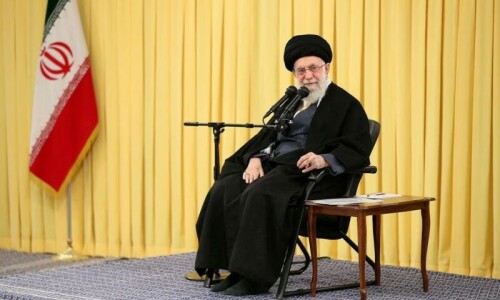
Iran’s supreme leader issues pardon for ‘tens of thousands’ of prisoners
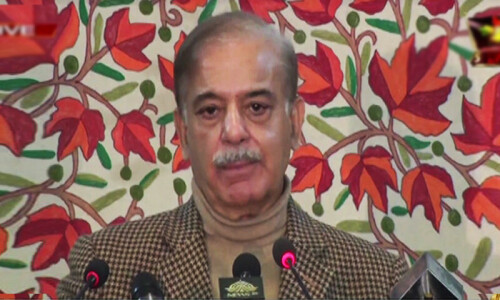
IMF combing ‘every book, every subsidy’ during negotiations: PM Shehbaz
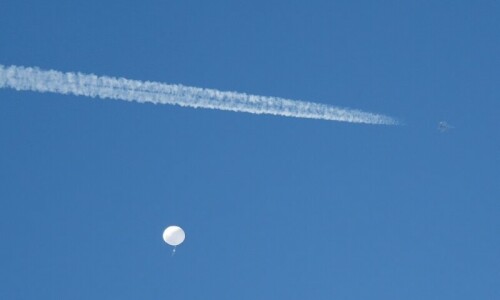
US shoots down Chinese spy balloon, drawing Beijing’s ire
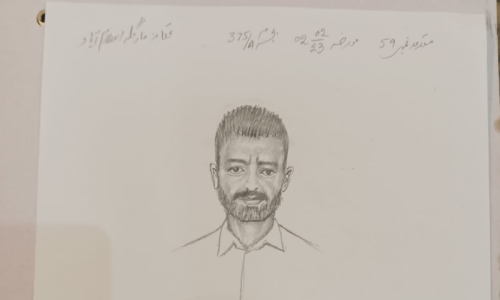
Islamabad police issue sketch of F-9 Park rape suspect
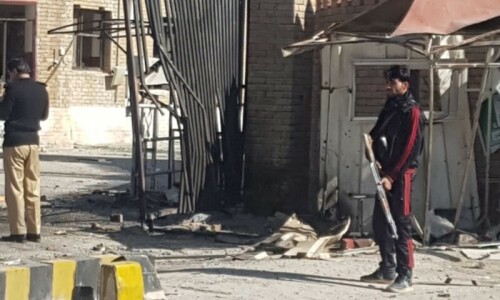
At least 5 wounded in explosion near Quetta Police Lines: rescue official
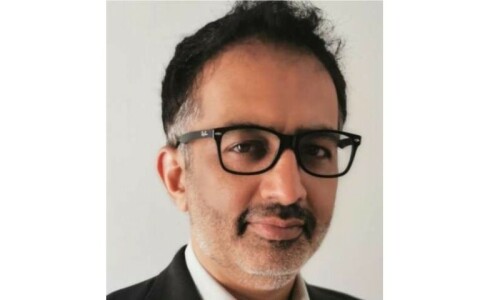
Pakistan’s economic crisis a ‘great opportunity’ that mustn’t go to waste, says expert

Fans love Adnan Samad Khan’s entry in Kuch Ankahi, say Shakeel is ‘already a fav’

Feroze Khan’s lawyer approaches FIA to take legal action against Muneeb Butt for ‘defamation’

Cricketer Mohammad Hafeez is heading back to university to complete his education
Advertisement
Most Popular
01
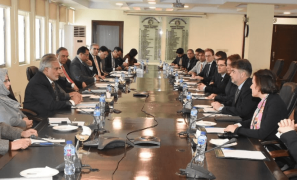
‘Harsh’ IMF conditions alarm those at the helm
02
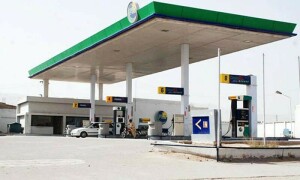
Oil firms warn govt of ‘impending collapse’
03

Bajwa, Faiz were ‘facilitating’ Imran till their retirements: Rana Sanaullah
04
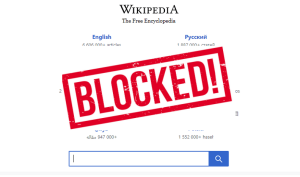
PTA bans Wikipedia in Pakistan over ‘sacrilegious content’: spokesperson
05
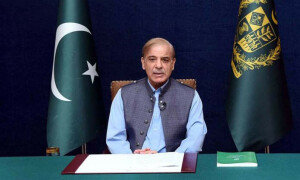
IMF giving tough time to finance minister, team during talks: PM Shehbaz
06

Govt readies new law proposing five-year jail terms for defamation of army, judiciary
07

The IMF in perspective
08

Blue Pakistan
09

Cartoon: 4 February, 2023
Must Read
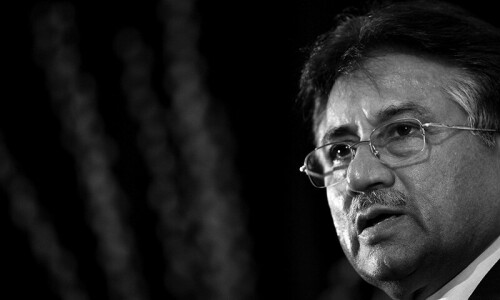
Profile: Musharraf — from military strongman to forgotten man of politics
The former army chief who also held the office of the president passed away on Sunday.
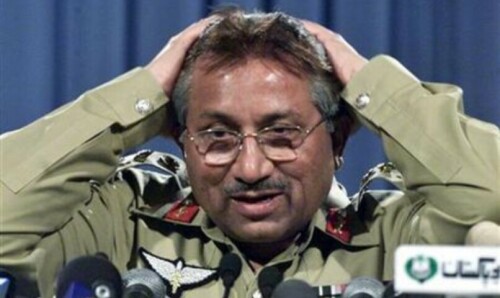
Mixed emotions: Politicians, analysts tweet about Musharraf’s legacy
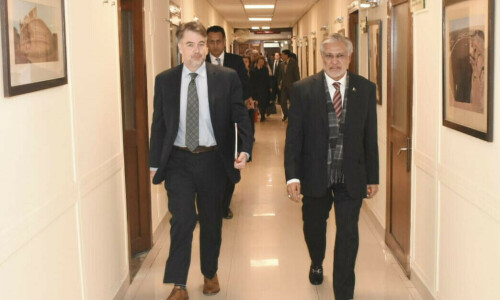
Editorial: IMF does not appear to be in a mood to soften conditions linked to the disbursement of $1.3bn tranche

Munir Akram’s remarks are representative of Taliban culture, not Pashtun

Pakistan needs to evolve a counter-terrorism strategy that reflects national resolve
Advertisement
Opinion

Revisiting CT policy
State institutions failed to realise that society would not buy the idea of talking to the terrorists.

Updated 05 Feb, 2023
A bleak scenario

05 Feb, 2023
Shifting sands

05 Feb, 2023
Killing knowledge

Updated 04 Feb, 2023
The IMF in perspective
Editorial
Updated 05 Feb, 2023
IMF’s firm stance
Pakistan needs to complete the review to stave off a default as well as to unlock inflows from other multilateral and bilateral lenders.
05 Feb, 2023
Grotesque bigotry
FREEDOM to profess one’s faith is guaranteed by the Constitution of Pakistan. However, for the country’s Ahmadi…
05 Feb, 2023
Kashmir reflections
ASIDE from Kashmir Day, which the nation is observing today as an official holiday, there are a number of other days…
Updated 04 Feb, 2023
Crisis conference
PTI's refusal to engage with the govt in such testing times will only be seen as sign of ideological bankruptcy.
04 Feb, 2023
Revenge politics
A SENSE of déjà-vu prevails as cases pile up against PTI politicians, many of whom, along with their allies and…
04 Feb, 2023
Inappropriate remarks
OFFICIALS of the state, especially when representing the country at international forums, need to choose their words… Advertisement





